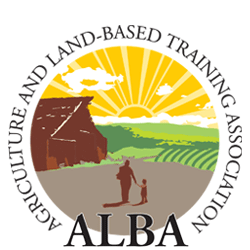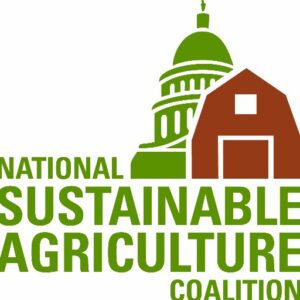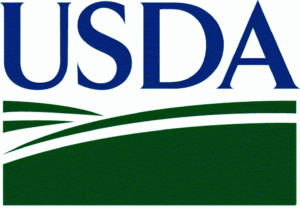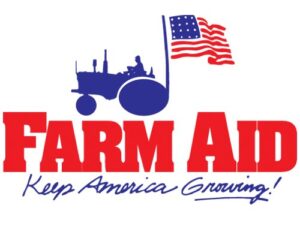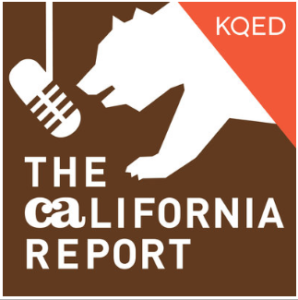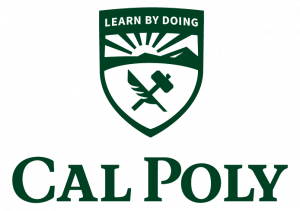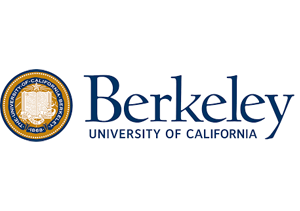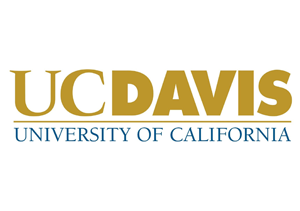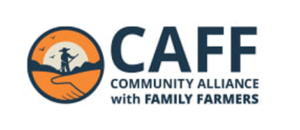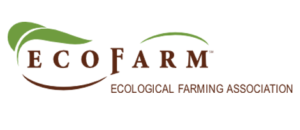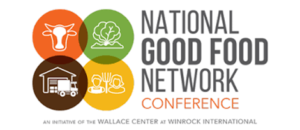Projects
There’s always a lot to do on the farm. Fix the tractors, water the roads to reduce dust, forecast the harvest, audit fields on food safety, oversee the irrigation schedule and on and on. Then there’s the big projects which invest in the long-term functionality of the farm and sustainability of the program. ALBA is looking at doing a lot this year and next. Though, on some projects, the path isn’t so clear.
Solar panels
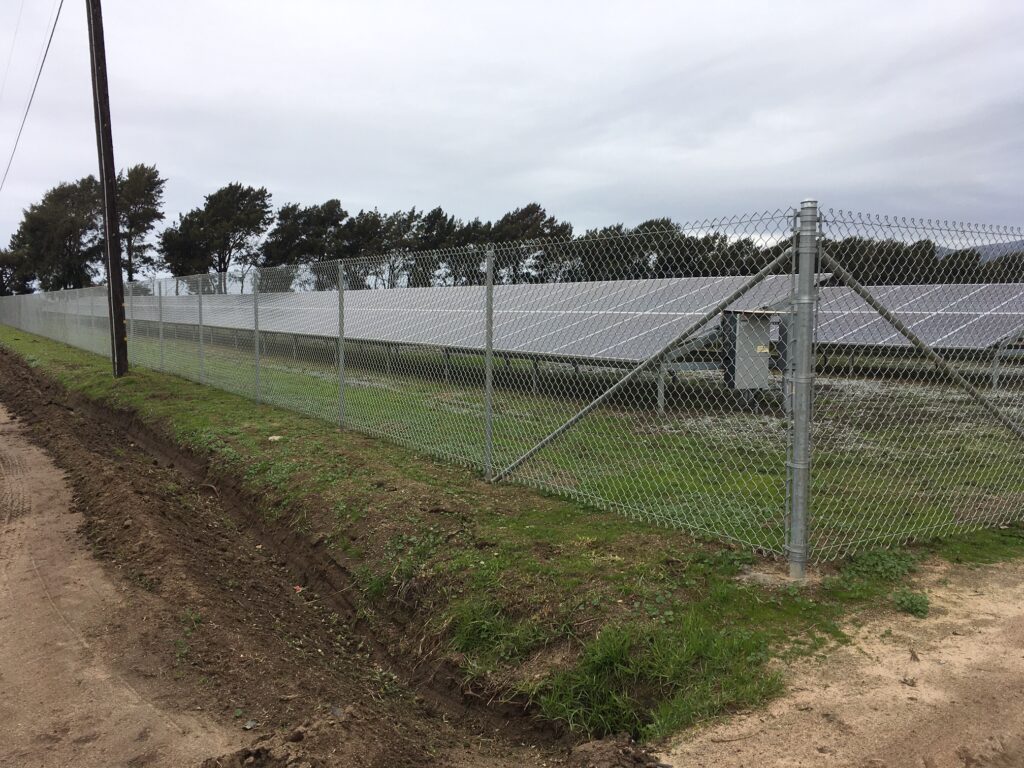
Irrigation Well
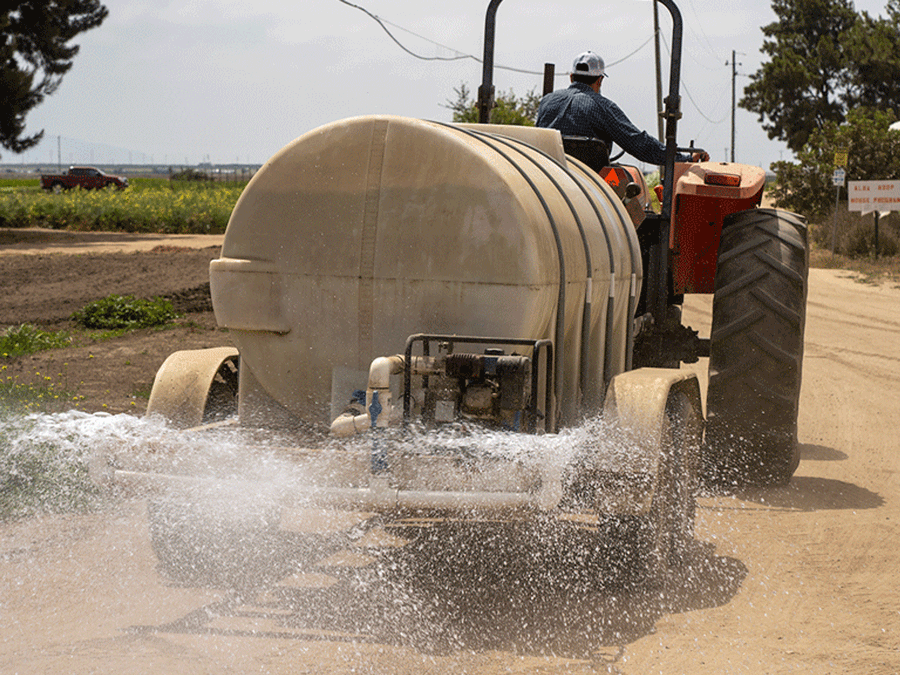
Office Space!
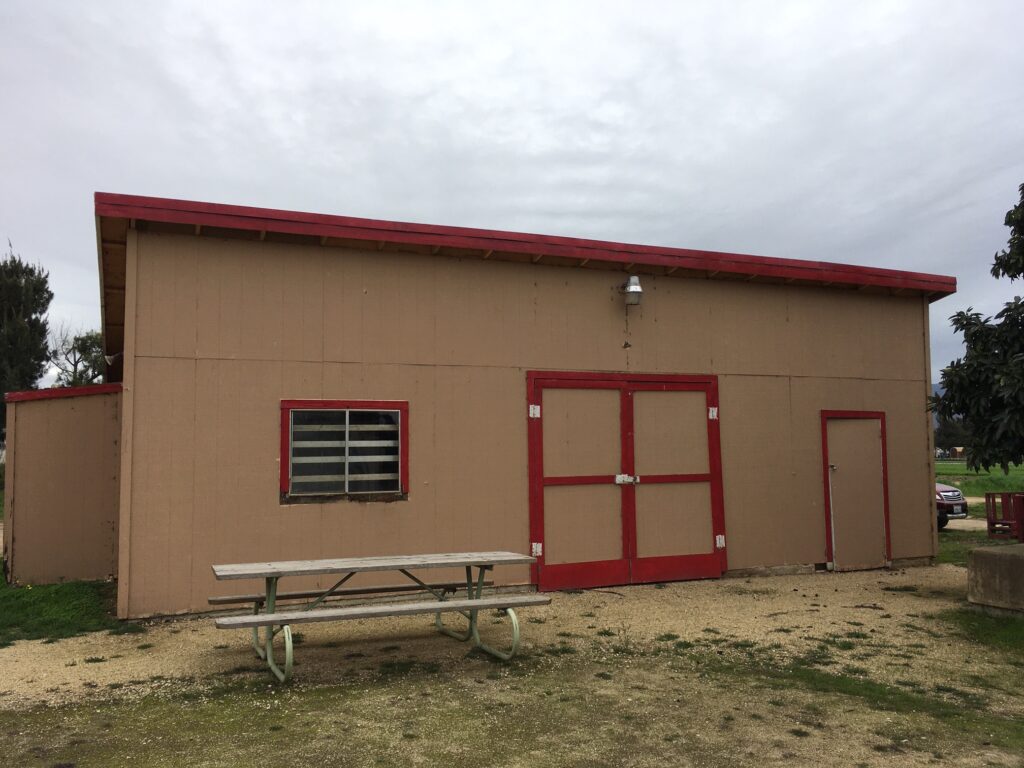
What to do with
the cooler?
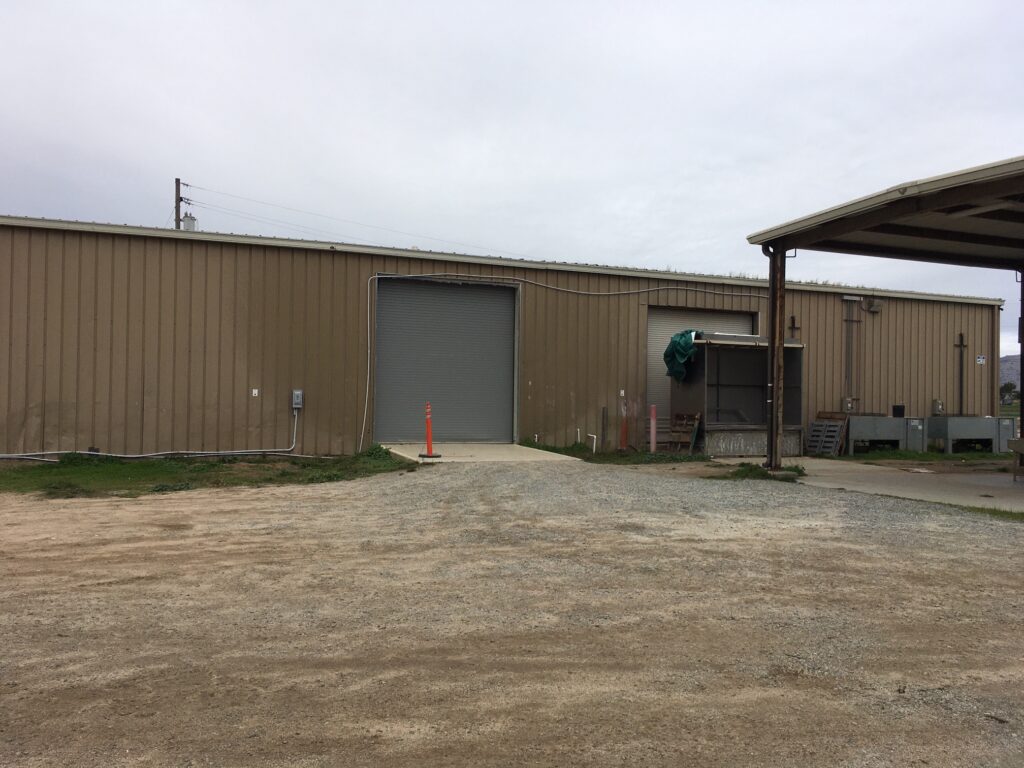
Are big greenhouses relevant to small farms?
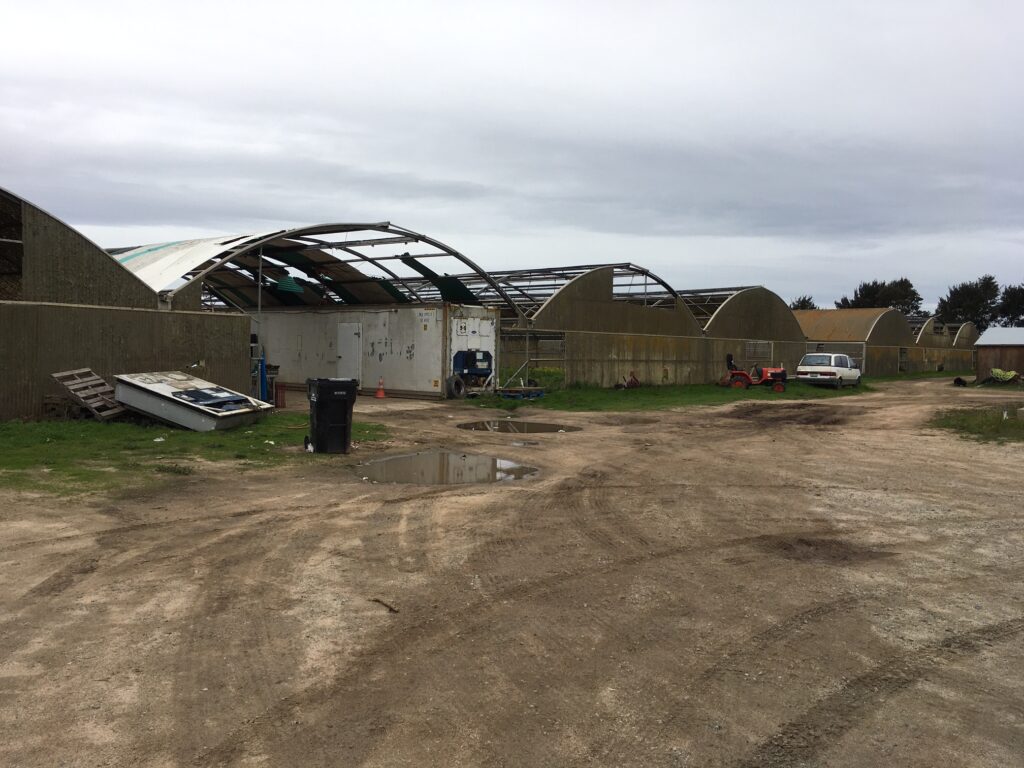
Then there’s that farmhouse…
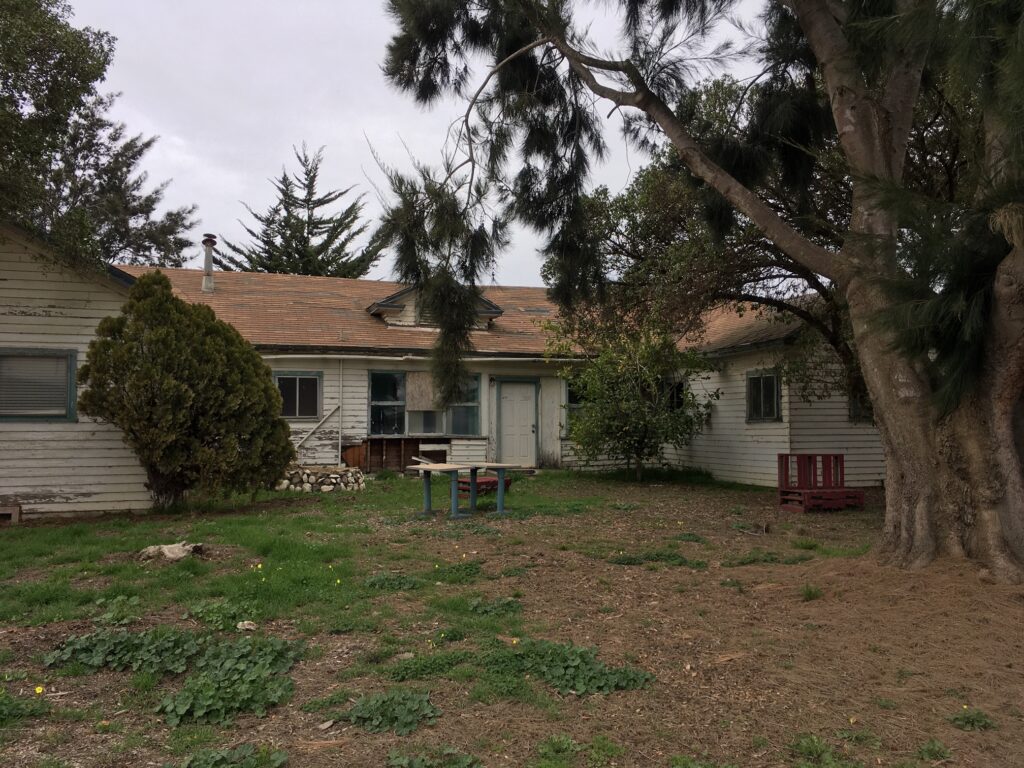
Farm Equipment
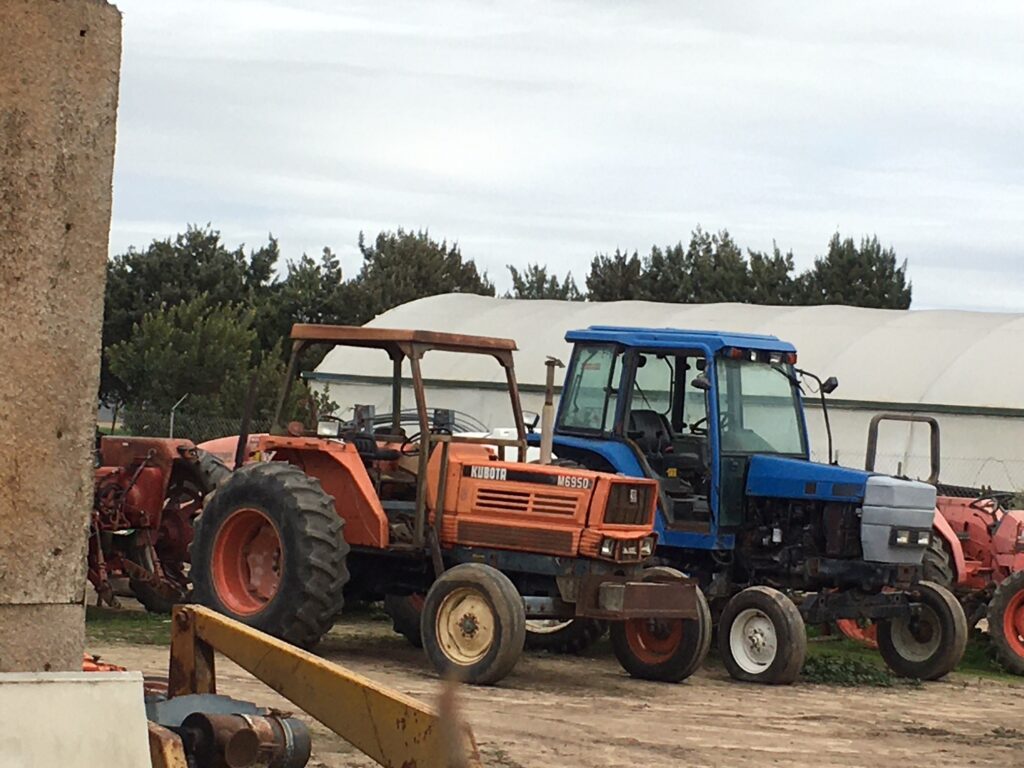
We’re on a small patch of land, hidden among industrial-scale farms, but somehow ALBA and the farmers we serve are getting attention. Maybe the idea that farmworker can be farm owners is catching on…
Print Media
Blogs
Broadcast Media
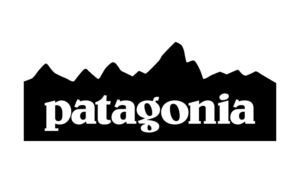
(coming soon)
Have you ever driven in to work and found a Phd in the bushes searching for bird poop? We have. OK, there may not be many microscopes involved, but university researchers are finding their way to ALBA. ALBA’s unique ‘immigrant farmworker to small-scale organic farmer’ model is intriguing to those studying agro-ecological production systems. We invite you to check out some of the research that has taken place at ALBA.

- Plant-based nutrient management for socially disadvantaged organic farmers, 2019-2020, An Organic Farm Research Foundation grant project. Summary or fact sheet?
- Agroecological farming practices promote bats, 2018, Check out this informational document!
- Integrated rotation systems for soil borne disease, weed and fertility management in strawberry/vegetable production, 2012-2016, A WSARE Research and Education grant project. Click here to see a project overview.

- Farming Soil Health on CA’s Central Coast: Policy Drivers, On-Farm Innovation, and Ecological Outcomes, 2019-2022, A USDA-AFRI grant project. Click here for a non-technical summary.
- After the Incubator: Factors Impeding Land Access Along the Path from Farmworker to Proprietor, 2016, Academic article. Link to abstract
- Effects of natural habitat and crop diversity on pollination and natural pest management of strawberries, 2012, Q&A on the project can be found

- Highly diversified crop–livestock farming systems reshape wild bird communities, 2016-2017, Link to academic article here
ALBA is getting in on the act, too. Over the years, the ALBA staff and farmers have been able to partner with a number of funders to carry out research related to sustainable agriculture. We do projects that help build our regional knowledge on organic production and empower ALBA farmers to be successful producers and stewards of our natural resources. Check out some of our projects below!
- Cover Crop Outreach, Demonstration, and Education in the Salinas Valley (CODE-SV). 2020-2023. ALBA is currently engaged in a CDFA Healthy Soils Demo project focused on cover crops. We have a 1/4 -acre plot that is receiving different cover crop treatments over 3 years. We are looking at changes in soil chemical composition, soil organic matter, and disease pressure with the different species of cover crops vs. Fallow.
- Compost Education, Demonstration and Research in the Salinas Valley (CEDAR). 2018-2020. ALBA led a CDFA Healthy Soils Demo project that looked at different compost materials and application rates. ALBA tracked changes in soil chemical composition, soil organic matter, and yield across treatments. A copy of the project fact sheet can be found here.
- Beginning-farmer Research and Instruction on Growing in High Tunnels (BRIGHT). 2017-2020. ALBA completed a WSARE Professional + Producer project that focused on high tunnel production for the Salinas Valley. ALBA, the Resource Conservation District of Monterey County, and ALBA farmer collaborators performed side-by-side trials inside and outside of high tunnels evaluating days to maturity, soil chemical composition, air temperature, and yield. A link to the fact sheet can be found
- Advancing Conservation-irrigation Techniques for Underserved Producers in the Salinas Valley (ACT-UP). 2018-2020. ALBA carried out a CA NRCS Conservation Innovations Grant project that evaluated the use of Nelson Windfighters as an alternative to traditional impact sprinkler heads for row crop production. A link to the fact sheet can be found here.
We stay pretty focused on helping our participants on the farm. But sometimes you can meet people from all over by just staying home. ALBA hosts over 1,000 kids on school field trips each year and hosts regular visits from local and regional high schools. ALBA is also hosts university students studying sustainable and equitable agriculture and food systems.
We have also had the pleasure of hosting international groups who show interest in a combination of issues spanning organic agriculture, new farm incubation, farmworkers rights and rural economic development. Visitors have come from. Brazil, Canada, Chile, China, Cuba, Denmark, El Salvador, Ivory Coast, Mexico, South Africa, Uzbekistan and Vietnam.






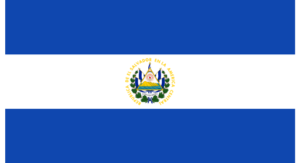





ALBA also does its part to speak out on behalf of beginning and minority farmers giving testimony to elected leaders and advocacy organizations. ALBA is honored to have been selected to participate in the Small Farm Advisory Group by Secretary Karen Ross of the California Department of Food and Agriculture. ALBA also works with peer networks on the state and national level.
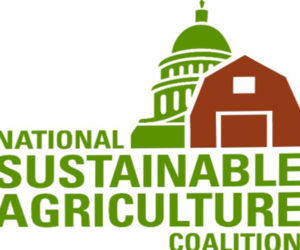
National Sustainable Agriculture Coalition. Is an alliance of grassroots organizations that advocates for federal policy reform to advance the sustainability of agriculture, food systems, natural resources, and rural communities. NSAC’s vision of agriculture is one where a safe, nutritious, ample, and affordable food supply is produced by a legion of family farmers who make a decent living pursuing their trade, while protecting the environment, and contributing to the strength and stability of their communities.
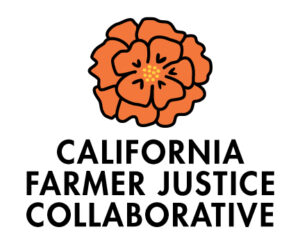
California Farm Justice Collaborative. CFJC unites farmers of color and allies across California, seeking opportunities, political and beyond, to grow our collective representation and sustain our traditional agricultural knowledge. Our membership includes advocates, academics, non-profit administrators, and farmers who work to promote the economic self-sufficiency of underrepresented farmers.
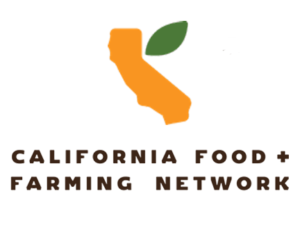
California Food and Farming Network. The California Food & Farming Network is made up of over sixty organizations from across the state striving to improve the food and farming system. Collectively, CFFN is dedicated to advancing state policies that are rooted in communities, promote fairness and racial equity, secure financial prosperity and advance environmental sustainability. We share information, provide expertise, build alignment and advance policies through the multi-sector network.
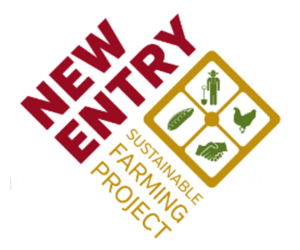
New Entry Sustainable Farming Project – ALBA’s east coast counterpart – is leading an effort to establish the FIELD Network, a coalition of leading farm incubator and apprenticeship programs. FIELD will establish mentoring program to help nascent programs get established with a vision to establish a nationwide network of land-based learning programs to provide pathways to farm ownership and careers. (Link to a map of farmer development programs around the country)
On occasion, we do leave the farm to share perspective with peers. ALBA has been invited to speak at the following events:
